War drums beat: Israel kills Hezbollah missile chief US raises alarm over potential wider war
The Israel Defense Forces (IDF) have neutralised a significant figure in Hezbollah's missile production network during a targeted airstrike near Beirut.
IDF announced that the Israeli Air Force successfully eliminated Mahmoud Yousef Anisi, an experienced weapons manufacturer, who played a critical role in Hezbollah's production of precision-guided missiles, Caliber.Az reports.
Anisi, one of the key leaders in Hezbollah's missile program, was deeply involved in the group's military campaigns in Lebanon. He had been a member of Hezbollah for more than 15 years and was recognised as an expert in mechanical engineering, using his expertise to improve the strategic weapons used by the organisation. His elimination carried out based on Israeli intelligence, represents a major blow to Hezbollah’s missile production capabilities.
On October 4 night, the Israeli Air Force launched a powerful airstrike on the southern suburbs of Beirut.
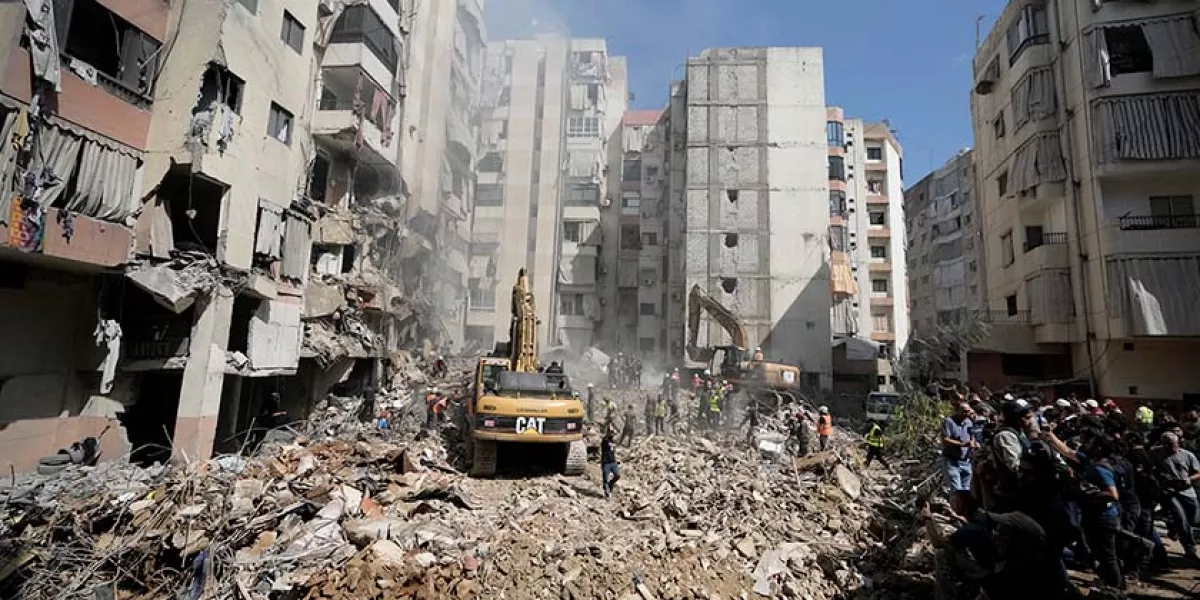
The purpose of the attack was to eliminate Hashim Safi al-Din, Nasrallah's successor as Hezbollah secretary general.
Presumably, anti-bunker bombs were used.
Israeli top military official vows total destruction of Hezbollah infrastructure
Following the successful operation, Israeli Chief of General Staff Herzi Halevi reaffirmed Israel's determination to dismantle Hezbollah’s military infrastructure in southern Lebanon. “We are determined to destroy this infrastructure and eliminate anyone who is present there. We will not allow Hezbollah to gain a foothold in these places,” said Halevi during an operational meeting near the Lebanese border.
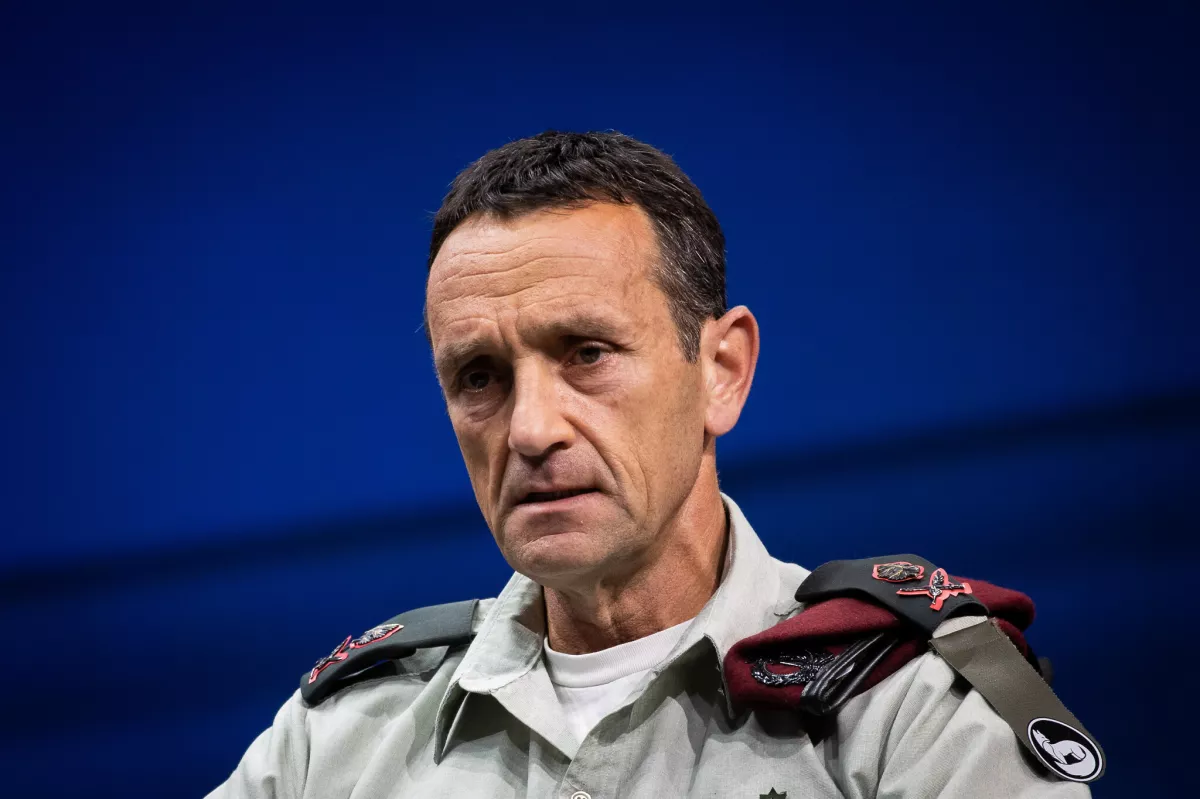
The IDF has vowed to continue targeting Hezbollah positions in Beirut and the Bekaa Valley as part of its ongoing military campaign. “The Israeli Army will continue to attack Hezbollah targets in Beirut and the Bekaa Valley in eastern Lebanon,” Halevi added.
Iran's rocket fire and Israel's planned response
Tensions in the Middle East have escalated following rocket attacks on Israel from Iranian-backed forces. On October 3, Israeli Prime Minister Benjamin Netanyahu held consultations with top officials on how to respond to these rocket barrages. Israeli state media reported that Netanyahu is considering a range of options, with sources indicating that a tough response will follow in the coming days.
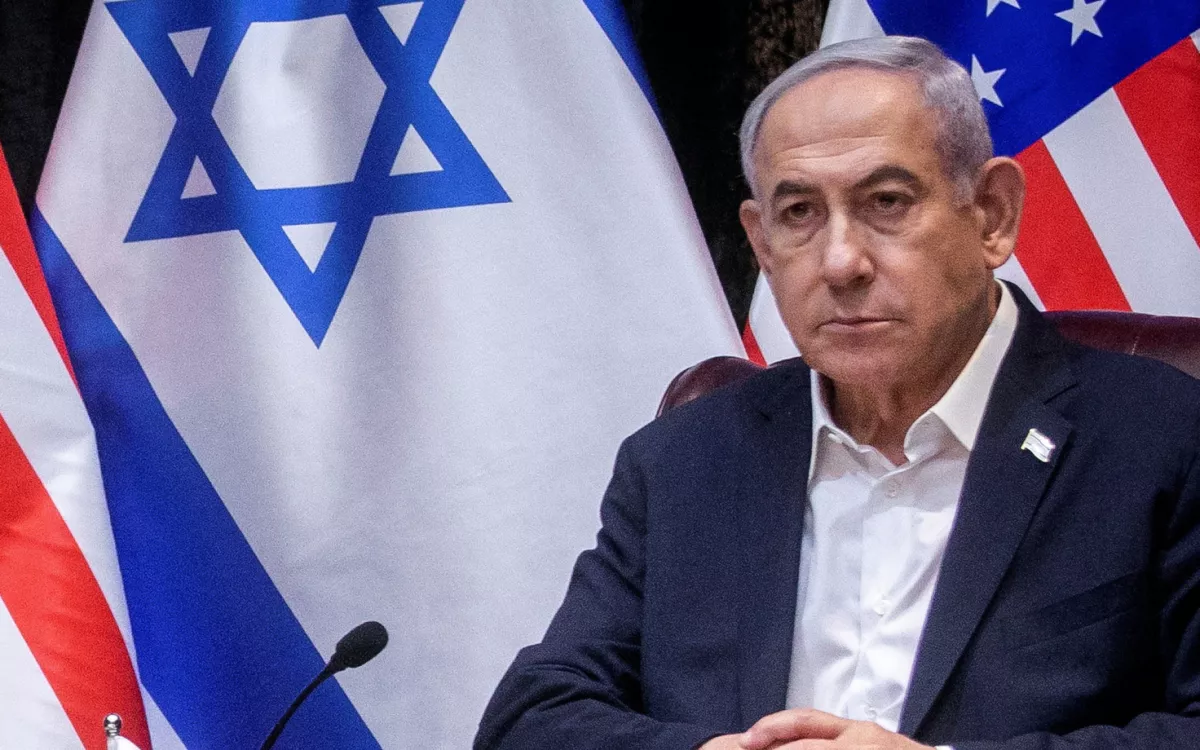
Meanwhile, U.S. President Joe Biden has said that discussions over strikes on Iranian oil sites are ongoing. “We are discussing it. I think it will be a little bit,” Biden told reporters when asked whether Israel would strike Iran’s oil facilities.
U.S. wary of Israel's two-front conflict
The escalating conflict in the region has raised concerns within the United States. The Biden administration has expressed reservations about Israel stretching its military across two fronts, particularly in southern Lebanon and Gaza. During a briefing, U.S. State Department spokesperson Matthew Miller addressed these concerns, noting that additional escalation in Lebanon could destabilize the West Bank and further complicate the situation for Israel.
“It’s not just that it would be difficult for them to support a major military operation in the Gaza Strip and a major military operation in the north [on the Lebanese border]. It’s also that additional escalation in the north would potentially destabilize the West Bank, and they would end up being involved in a whole series of different confrontations,” Miller said.
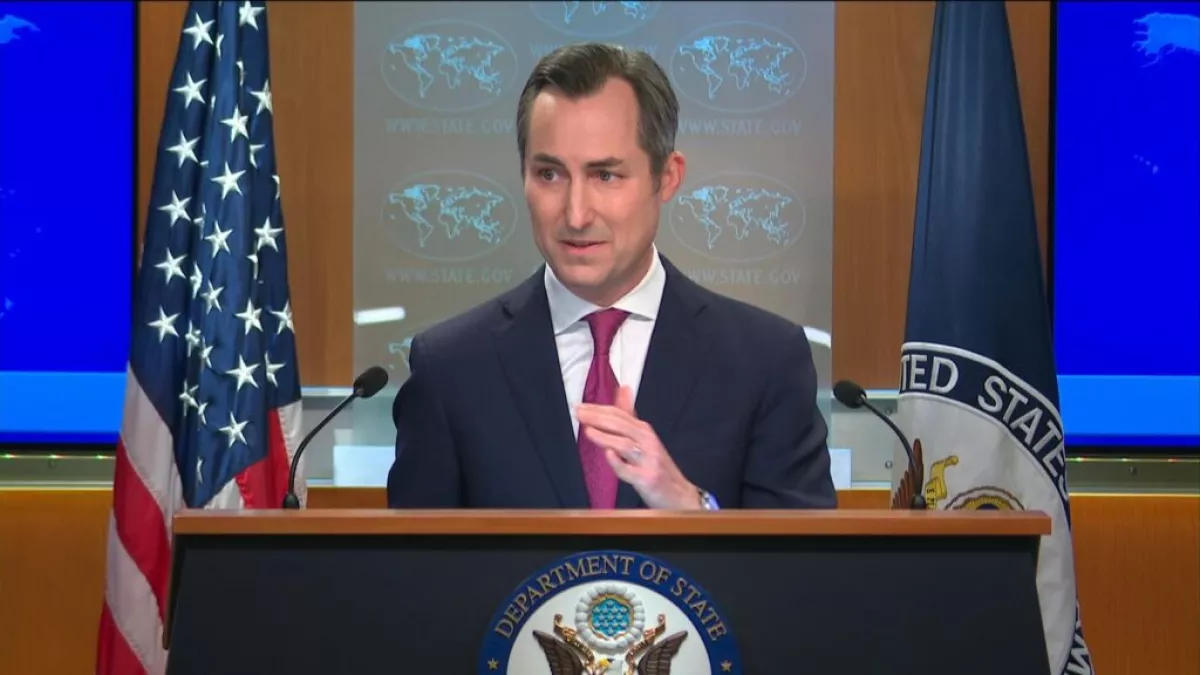
He stressed that the U.S. remains concerned about the potential for prolonged conflicts, which could put Israel's security forces under significant strain. “That continues to be our assessment: the longer the conflict goes on, the greater the risk of additional conflicts, which will put Israeli security services in a very tense situation.”
Lebanese ambassador warns of full-scale ground invasion
Meanwhile, Lebanon is preparing for the possibility of a full-scale Israeli ground invasion. Shawki Bou Nassar, Lebanon's Ambassador to Russia, voiced his concerns in an interview with Russian media, warning that the situation in Lebanon is deteriorating rapidly. “Now the situation in my country is deteriorating day by day. Israel is threatening a full-fledged ground invasion of Lebanon and has already started attempts to carry it out,” Nassar said, referring to Israeli military activity in border villages.
Nassar further condemned the Israeli government’s actions, accusing Prime Minister Benjamin Netanyahu of pursuing “insane policies” that are fueling the conflict. “Unfortunately, we see precedents of crimes committed by the Israeli authorities, and this makes us cautious about the situation and the course of the Israeli government,” he said.
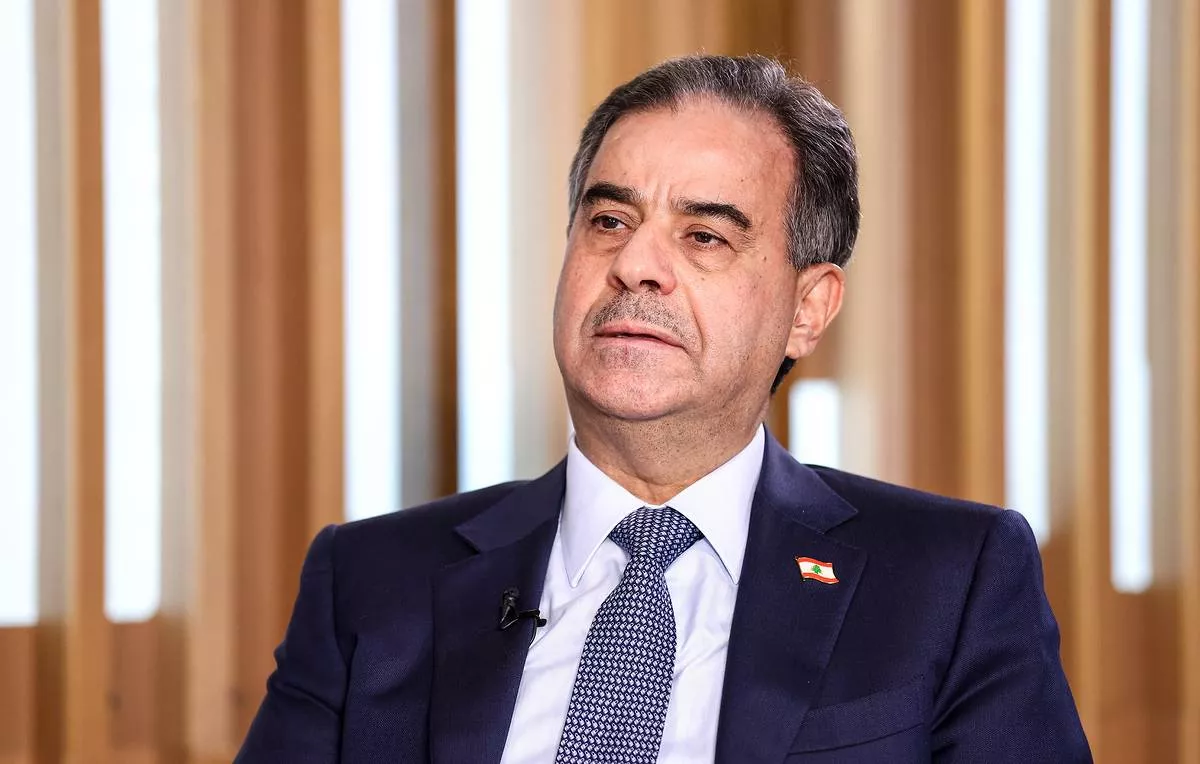
The Lebanese ambassador also accused Israel of indiscriminately targeting civilians during its military operations, including strikes that resulted in the deaths of Lebanese politicians and Hezbollah figures. Among the dead was Sheikh Hassan Nasrullah, a high-profile leader within Hezbollah, along with dozens of civilians who were near the strike site.
“We can all see that Israel is striking indiscriminately against civilians. They have also killed many Lebanese politicians, including Hezbollah leader Sheikh Hassan Nasrullah. In this one operation, the Israelis killed dozens of civilians who were near the site of the strike,” Nassar emphasized.
He further criticized Israel for violating international law, stating, “Israel has absolutely no respect for international law, human rights, or the UN Charter, and puts itself above it, believing that it will not be held accountable.”
British Airways cancels flights to Israel amid escalating conflict
As the conflict rises, international airlines are adjusting their operations in the region. British Airways has announced that it will cancel all flights to Israel through October 26 due to safety concerns. “We have taken an operational decision to cancel our flights to Tel Aviv up to and including October 26,” the airline confirmed in a statement.

The decision follows heightened tensions and the recent rocket attacks targeting Israel, which have raised concerns about the safety of air travel in and out of the country.
Israel’s “Arrows of the North” operation intensifies
Israel’s military operation, dubbed “Arrows of the North,” began on September 23 and has seen the Israeli Air Force carry out massive strikes in Lebanon, primarily targeting Hezbollah’s infrastructure and leadership. Since the start of the operation, Hezbollah has increased its rocket attacks on central Israel, including the city of Tel Aviv.
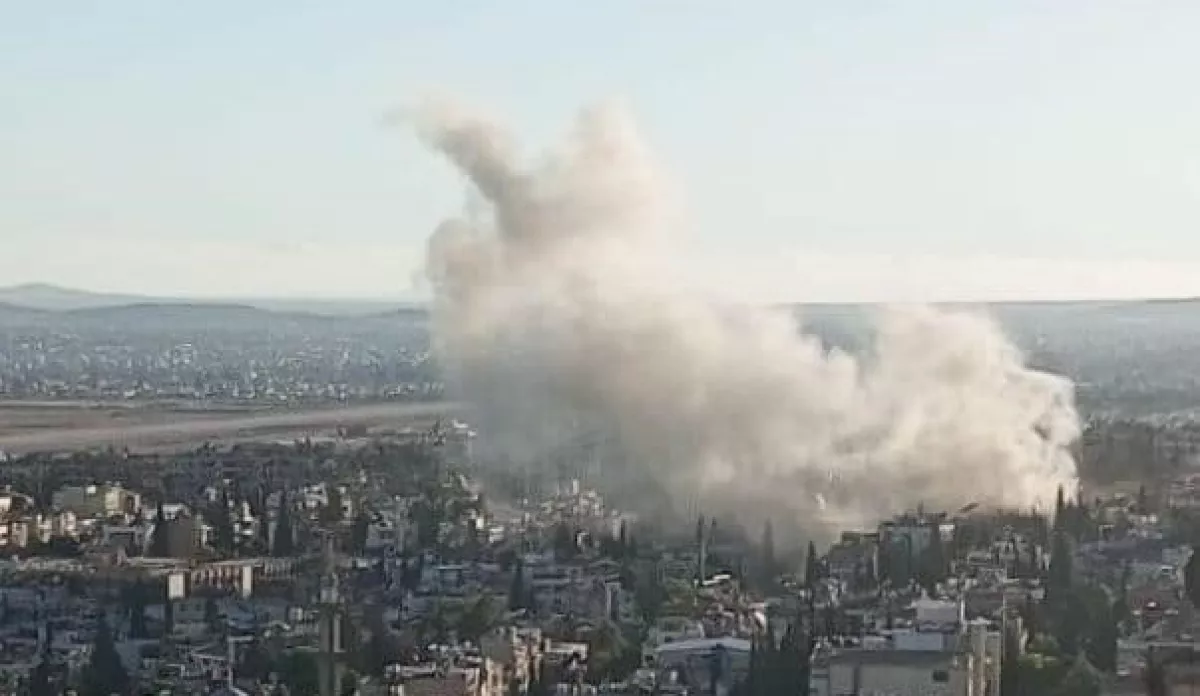
On October 1, Israel was hit by a massive missile barrage launched by Iranian forces, further inflaming the already volatile situation. Israeli officials have indicated that the possibility of a ground invasion into Lebanon remains on the table, as they continue to prioritize the dismantling of Hezbollah’s military capabilities.
Uncertainty looms over Lebanon’s future
Amid the ongoing hostilities, there is growing concern that the situation in Lebanon will continue to deteriorate. The Lebanese government, backed by its military and Hezbollah forces, has vowed to resist Israeli incursions, but the scope of a potential full-scale invasion remains unclear. As regional powers and international actors watch closely, the prospect of a wider conflict in the Middle East looms, with Lebanon and Israel at the epicentre of the tensions.
By Tamilla Hasanova








